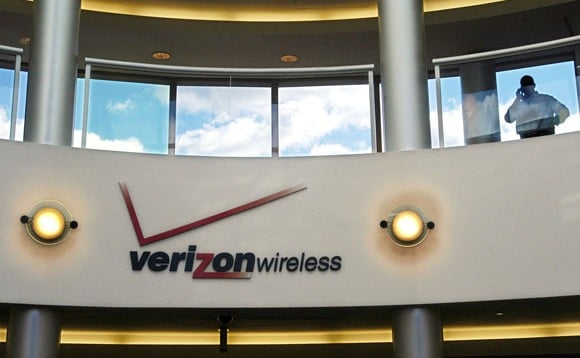Some 41,000 retired managers of Verizon Communications Inc. soon will be receiving their monthly pension benefit via an annuity payment from Prudential Financial Inc.
The telecom giant announced a deal with the insurer yesterday, effectively transferring $7.5 billion of its nearly $30 billion in pension plan obligations to Prudential in exchange for a group annuity. The transaction, which doesn't affect union-represented retirees, is expected to close in December.
It's the second such deal for Prudential, which took on $26 billion in pension liabilities in a similar transaction with General Motors Inc. this year. In that case, which involved 118,000 retirees and their beneficiaries, 42,000 of the former workers were allowed to choose between a lump-sum payment and the annuity stream.
Workers weren't given that option in the Verizon-Prudential deal, but Verizon spokesman Ray McConville noted that many of the affected retirees were given the option when they stopped working.
Aon Hewitt advised Verizon on the transaction.
“Certainly, low rates impact the calculation in terms of liabilities on Verizon's books, as well as the price Prudential charged for the coverage and the capital requirements necessary to finance it,” said Rick Jones, managing partner and leader of the retirement consulting practice at Aon Hewitt. Lower rates generally lead to higher liabilities tied to the pension obligation and higher costs for the purchase of an annuity.
Prudential declined to share the number of similar deals it has in the pipeline, but noted that a number of plan sponsors are asking about it.
“Beyond the weight of the obligations, at its core, it's really about the volatility of managing the plan and the volatility of the funding status, which drives pension expenses and cash flow requirements,” said Margaret McDonald, senior vice president and senior actuary in Prudential's pension and structured-solutions business.
Not everyone is comfortable with the apparent trend.
“We do have concerns about shifting from a pension that's protected by the [Pension Benefit Guaranty Corp.] to a private annuity from an insurer,” said Nancy Hwa, communications director at the Pension Rights Center. “Prudential is a healthy company, but we wonder about the long-term effects on their financial stability from taking on private annuity contracts. These are questions a lot of retirees will be asking themselves, as well.”







